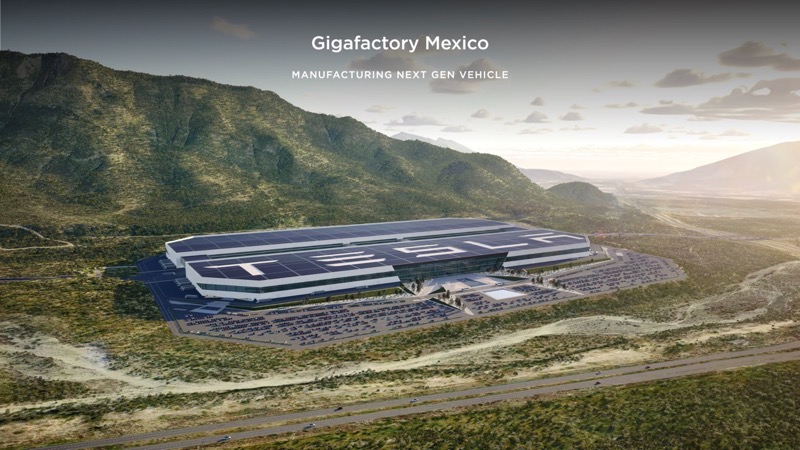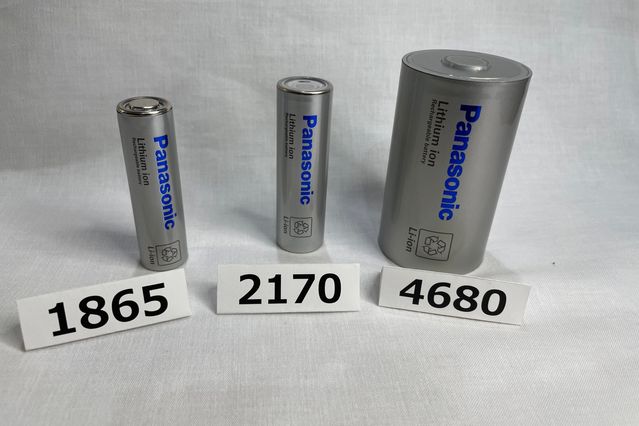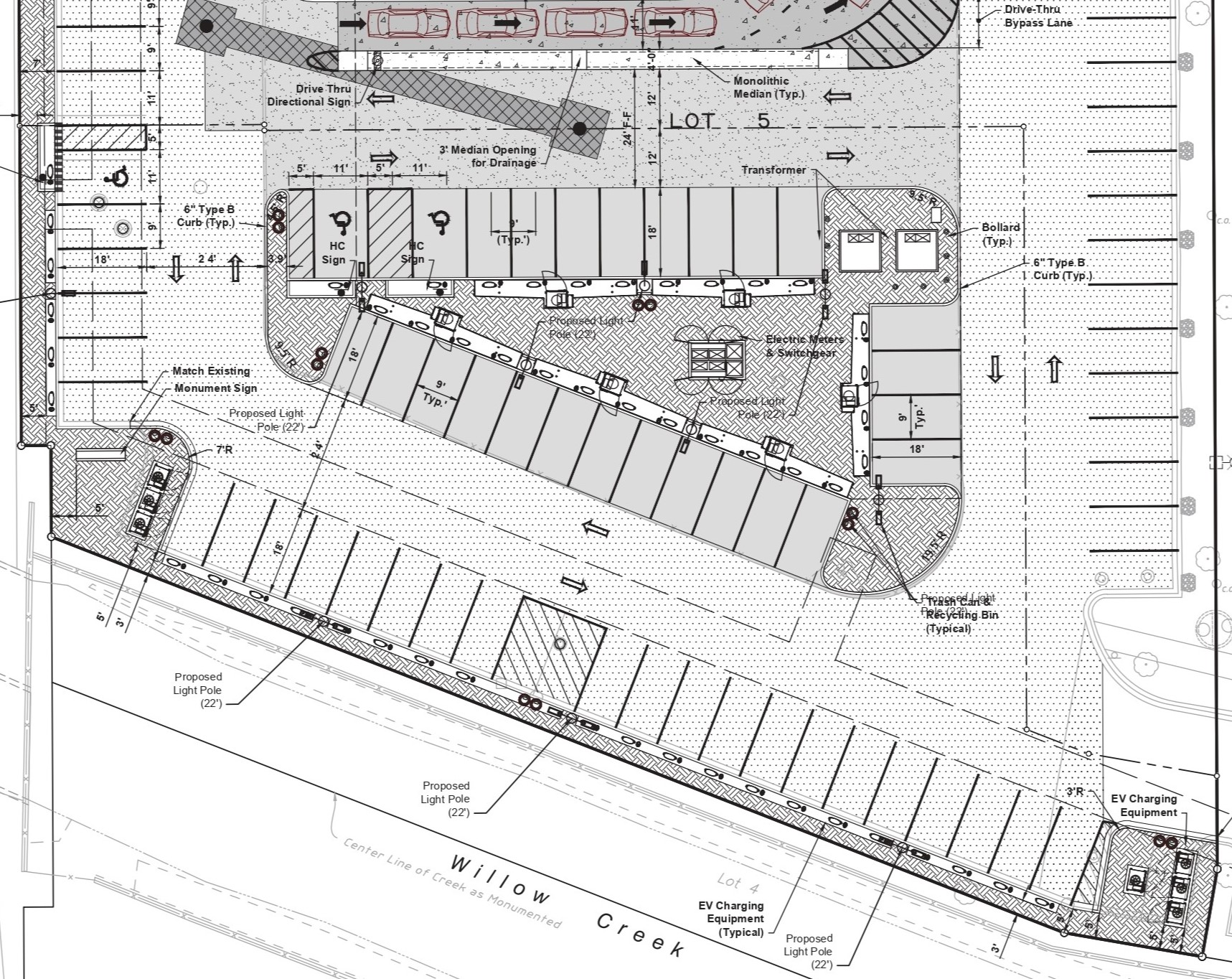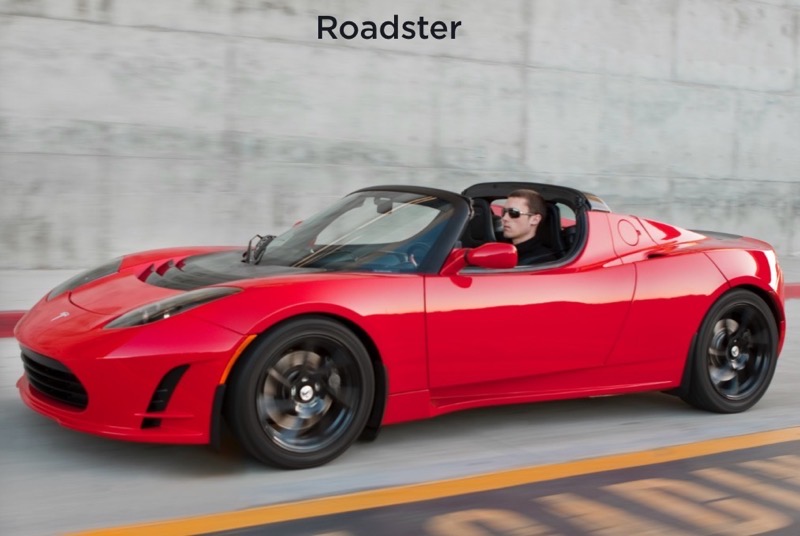
Panasonic Details Tesla’s 4680 Battery Production; Not an Exclusive Relationship Says CEO

Panasonic recently revealed prototypes of Tesla’s 4680 battery cell, and in a new interview with Nikkei Asia, CEO Kazuo Tadanobu has shared some more details about the business relationship.
When asked where Panasonic would be making Tesla’s 4680 battery cells, the CEO said, “In terms of product development, the technological goals have largely been achieved. The new batteries have roughly five times the capacity of the 2170s currently in use.”
He noted mass-production will require new techniques, thusly Panasonic is creating a prototype production line in Japan, set to go online in stages. These trials will lead up to mass production, “until it can be deployed quickly.”
“We are working on the new battery at Tesla’s request, and we assume we will be doing business with the company. We have been in discussions with Tesla since before the 2020 event,” responded Tadanobu. “The 4680 was decided to be the optimal size of battery after looking at costs, the balance of the vehicles themselves, and other possibilities posed by cylindrical batteries,” he added.
When asked if Panasonic would also supply batteries to other companies—such as Apple—the CEO would not rule out the idea of “branching out to other companies that share our values,” without straining their resources. The company says it is “considering various possibilities in terms of how we work with automakers.” The CEO stressed, “as principle, Tesla, our close partner, is our main priority.”
Panasonic also said, “Our cylindrical batteries [for such customers as Tesla] make it easy to balance safety and high capacity. We also want to contribute to electrifying such vehicles as trucks, which have difficulty running long distances on [cheaper] iron phosphate batteries. We’re not considering making iron phosphate batteries at this time.”
Recently, drone footage over Tesla’s Gigafactory in Austin, Texas, detected production line equipment for the company’s 4680 battery cell. Tesla hopes to achieve 4680 battery cell mass production by the end of 2022 at the site.

